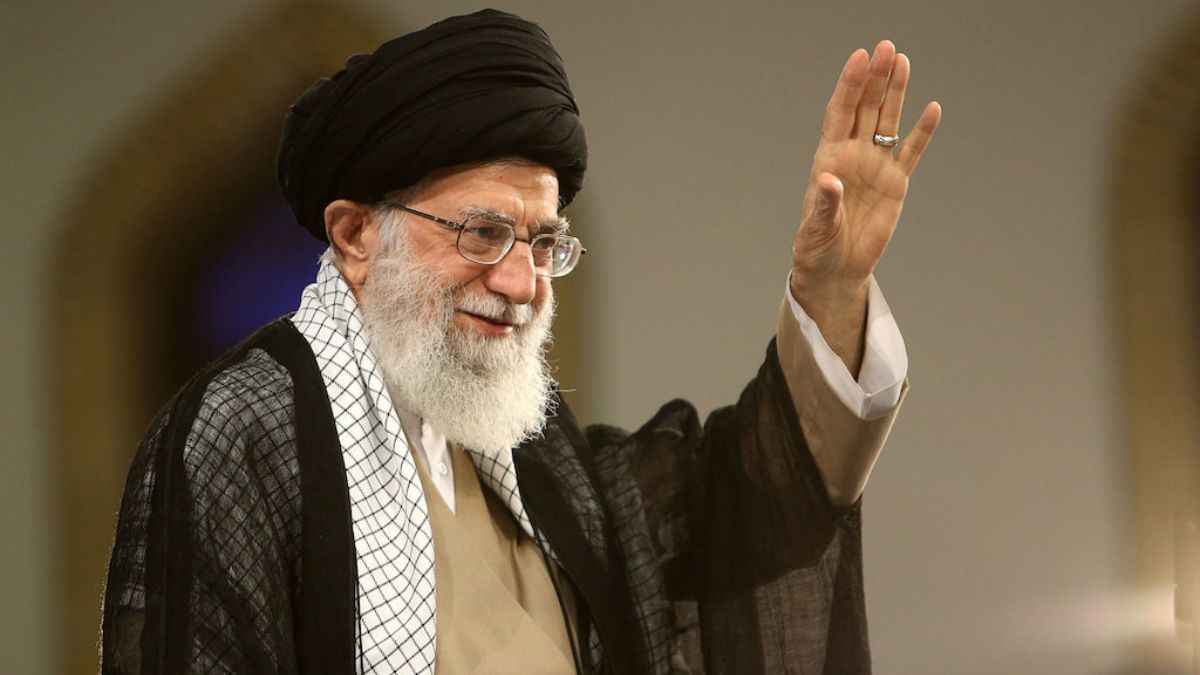) |
|
Ayatollah Ali Khamenei, Iran's Supreme Leader, has recently accused India of persecuting Muslims, drawing parallels to the plight of Muslims in Gaza and Myanmar. His statement, however, is a blatant lie, ignoring Iran's own egregious human rights record and the double standards prevalent in the Islamic world. Khamenei's hypocrisy is particularly striking given Iran's brutal suppression of dissent, its systematic discrimination against minorities, and its own history of human rights abuses.
Khamenei's criticism of India is not solely driven by genuine concern for the welfare of Muslims but rather a calculated diplomatic strategy to bolster Iran's Islamist credentials and solidify its position of leadership in the Islamic world. By portraying itself as a champion of Muslim rights while simultaneously condemning India, Iran seeks to gain favor among other Muslim nations, particularly amidst rivalries with countries like Saudi Arabia and Turkey.
India's response to Khamenei's accusations has highlighted the hypocrisy inherent in the Islamic world's stance on human rights. While Iran criticizes India for its perceived mistreatment of Muslims, it conveniently ignores the plight of Uyghurs in China, a Muslim ethnic minority facing systematic repression. This selective outrage reveals a deeper agenda—a desire to maintain a veneer of moral authority while conveniently overlooking the suffering of Muslims in other parts of the world.
The article further explores the historical context of Iran's criticism of India, noting a long-standing narrative within Islam that views India as an unfinished task. This sentiment, rooted in past conquests and the legacy of figures like Mahmud of Ghazni, explains why India's treatment of Muslims often becomes a point of contention in the Islamic world.
The author suggests that India's diplomatic efforts in West Asia are often hampered by this perceived unfinished agenda and the pressure to appease Islamic sensibilities. While India's defense partnership with Israel reflects a more pragmatic approach, it also highlights the limits of India's influence in the region, particularly when confronted with the often-contradictory demands of its West Asian 'friends.'
The article concludes with a critique of left-liberal circles, who often exhibit an unwarranted admiration for Iran, failing to recognize the dangers of Islamic exceptionalism and the detrimental impact it has on India's foreign policy. The author argues that India's vulnerability to pressure from Islamic nations on issues like Kashmir is a testament to the need for a more realistic and nuanced approach to its diplomatic engagements in West Asia.
